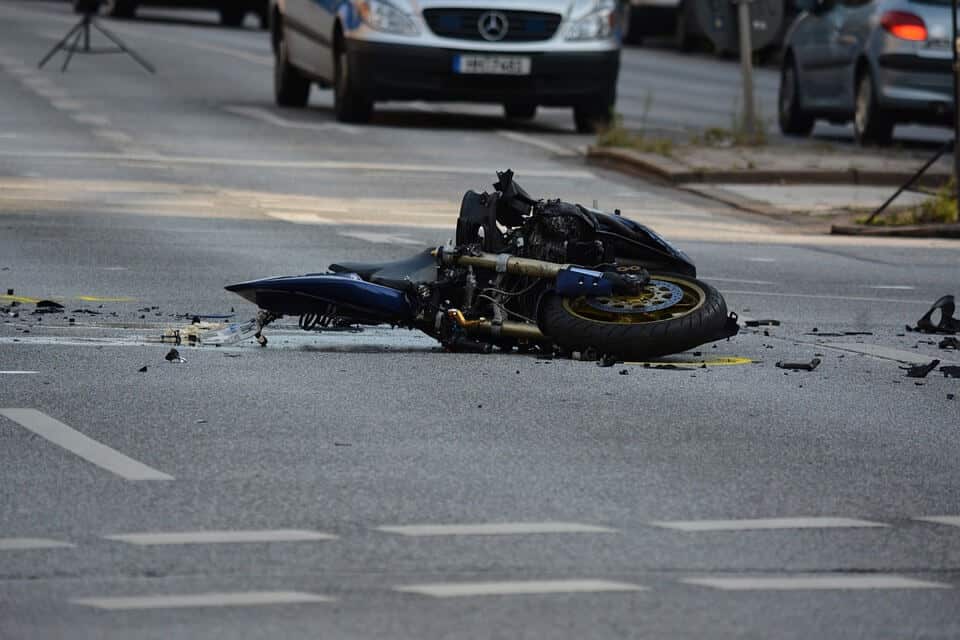According to the National Highway Traffic Safety Administration, more than 6 million vehicle accidents occur in the United States each year. You may be too rattled to think straight if you’ve been in a tiny collision or a catastrophic crash, so it’s crucial to educate yourself ahead of time. Here’s what to do before, during, and after an accident to make the claims process go more smoothly.

Examine the situation and exchange information
If you’re not hurt and the collision was small, cautiously pull over to the side of the road to avoid obstructing traffic. Put in place flares or reflective emergency triangles to advise other cars to slow down and keep the hazard lights on. If the collision is more serious or if someone is injured, however, leave the cars where they are. After you’ve made sure everyone is physically secure, it’s important to start taking stock of what happened and taking steps to safeguard your rights. This is what you must do:
- Take photographs of the vehicles and debris at the scene of the collision.
- After taking images of the incident, move the automobiles as quickly as feasible. However, if it is not safe to do so, do not relocate automobiles.
Never acknowledge making a mistake or apologizing for what happened. Although it may appear unfriendly, confessing misconduct might harm your prospects in court. You can voice worry and take steps to obtain medical help without admitting responsibility or guilt.
Exchange contact and vehicle insurance information with the other person involved in the accident. If there are any claims arising from the accident, this information will be critical. If the other motorist is uninsured, make sure you acquire their current contact information, as well as the following:
- The insurance details of the other motorist.
- The number of the other driver’s driver’s license.
- The vehicle’s year, make, and model, as well as its license plate number.
- Photographs depicting the accident site, the impact, and the car or other property damage.
Call an Attorney
Your next call should be to a skilled vehicle accident attorney once you’ve reported your accident to the insurance company. Even if you believe the accident was little, you never know what consequences may arise, and you must ensure that you are protected. You’ll also need a vehicle accident lawyer on hand, even if the insurance company appears to be willing to cover your losses. Make sure to have expert lawyers by your side, such as a personal injury lawyer in Dandridge who is dedicated to assisting victims and their families in obtaining the financial recompense they require to go on with their lives and put everything back to normal. Remember that insurance companies are just interested in paying the smallest amount possible, and they are not looking out for your best interests. In this scenario, an attorney will assist you in ensuring that your rights and interests are effectively safeguarded.
Personal injury attorneys are with you every step of the way, from establishing a solid claim on your behalf to engaging directly with the insurance company. They will battle tooth and nail to get you the money you need and the justice you want.
Never Deal with Insurance Companies on Your Own
Make no statements to any insurance company, including your own. Insurance company agents will very certainly attempt to contact you and position themselves as being there to assist you and looking out for your best interests. The insurance company will try to get you to make a statement that they may use against you later if you file a claim for reimbursement for your injuries. As a result, you should not offer an insurance company a statement about how the event occurred or the degree of your injuries. You may inform your insurance company about the collision, but you should inform them that you will not make any statements until you have spoken with an attorney.
Seek Medical Attention
Even though you feel well right after an accident, some wounds take a day or two to show up. A little collision might result in serious head or spinal injuries, so get medical attention if you experience any discomfort or unusual symptoms.
Because injuries sustained as a consequence of a collision are typically covered by your vehicle insurance policy, it’s critical to keep track of any physical injuries sustained as a result of the collision.

Even if it’s simply a simple medical check and not a detailed review of your injuries, make sure you have this consultation within 72 hours after the event. If you wait more than 72 hours, your insurance company’s program will add a “value driver” to your score. This might impact the amount of your final payment, and it could be used in court to try to argue that your injuries were not serious if your case goes to trial. After all, a jury will infer that serious injuries necessitate prompt medical treatment.
Even the most experienced driver might become agitated after an accident, but following these measures will help you avoid unneeded worry. That way, you can concentrate on dealing with your insurance provider to get your car fixed as fast as possible and to recover both physically and mentally from the trauma experienced.







